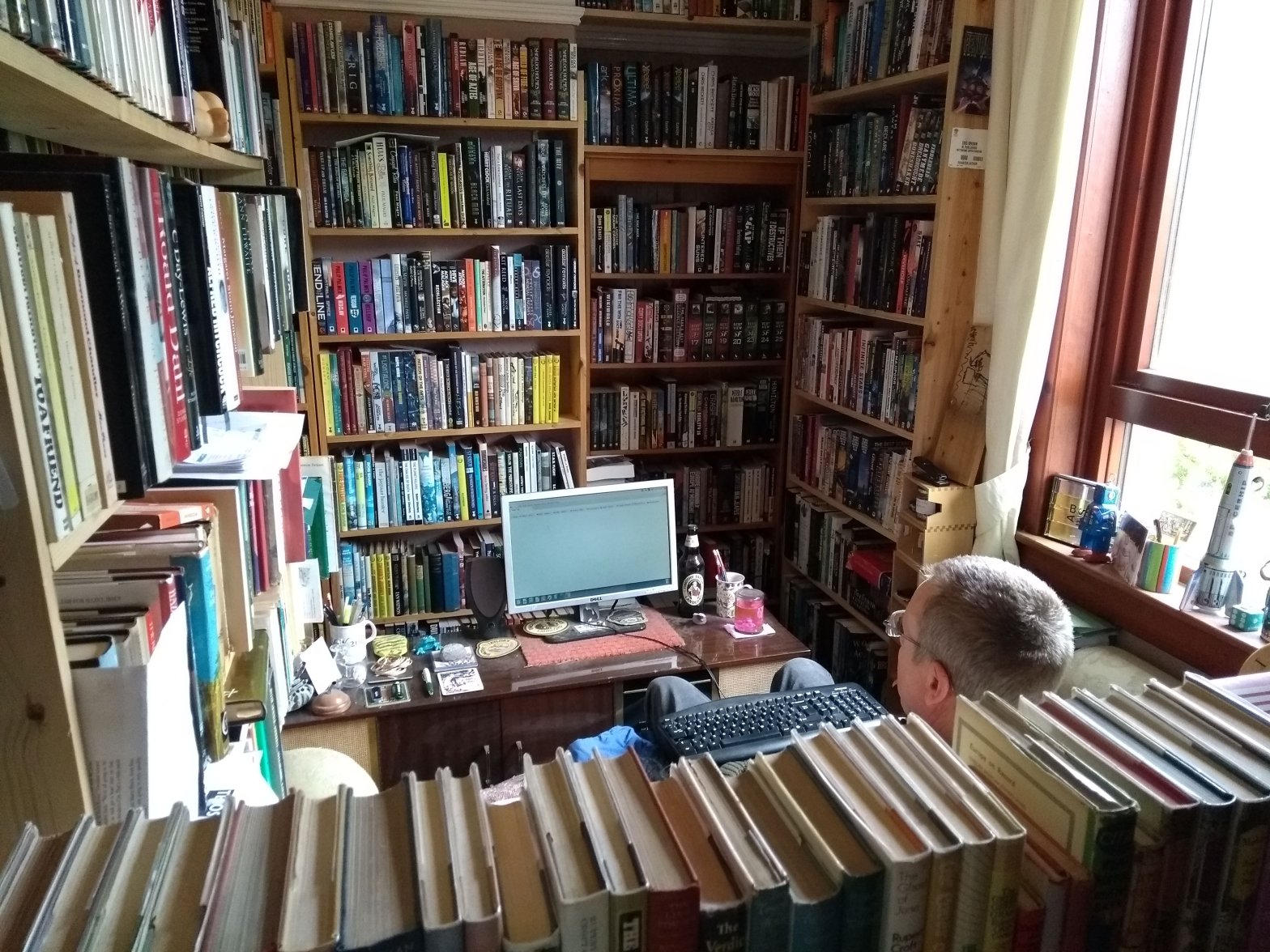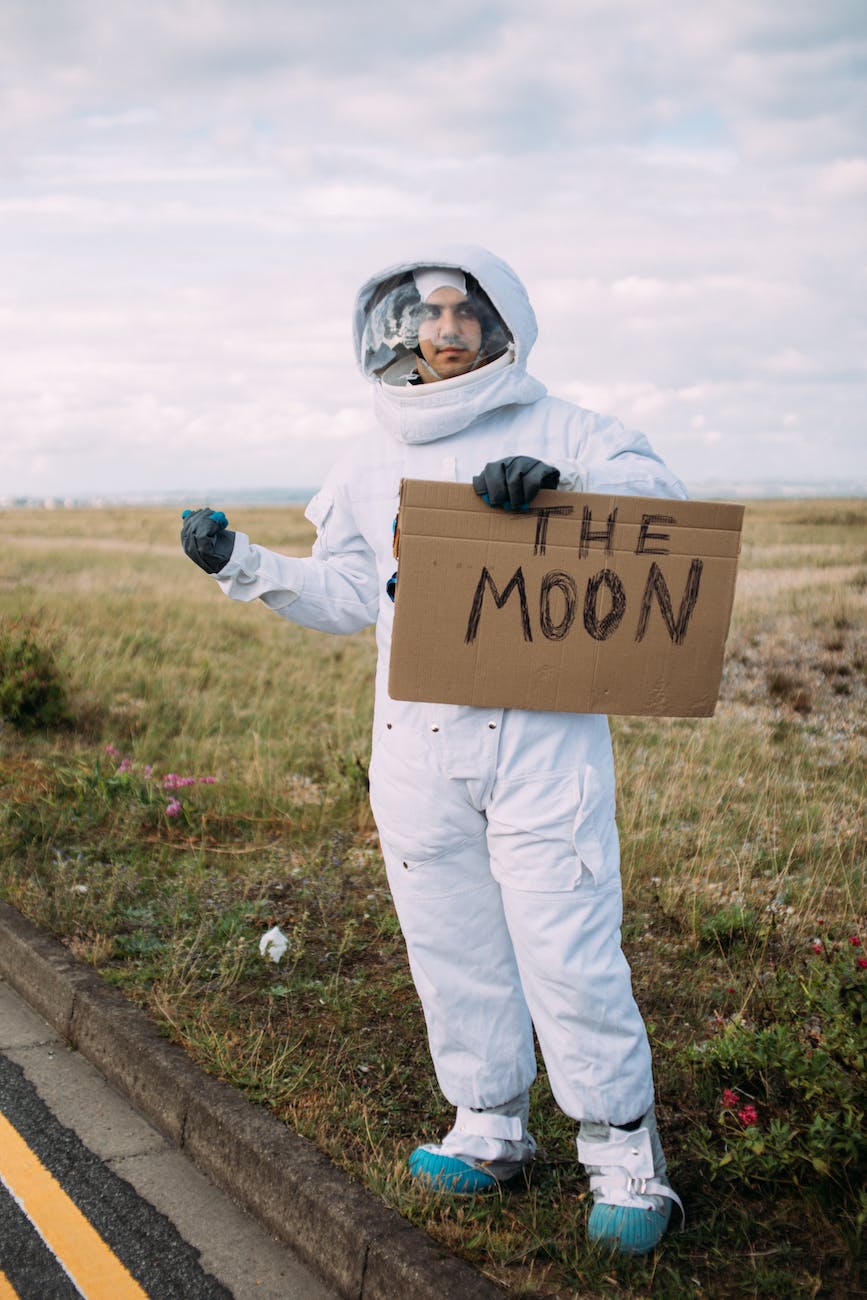I was listening to the album Thriller by Michael Jackson when it occurred to me there was a time when the music didn’t exist. I realise this isn’t a particularly profound thought, but bear with me.
According to Wikipedia, Thriller is the best selling album of all time, having sold over 70 million copies. It was recorded between April and November in 1982. That means there was a time between the album not existing and existing.
On April 14th Michael Jackson (and possibly Paul McCartney) walked into the studio to begin recording the Girl is Mine. At that moment the album existed only in potential. It’s reasonable to assume that some of the songs had been written down (or in Michael Jackson’s case, recorded on tape). The producer would have an idea for the arrangements, musicians would have been booked, but still, at that time there was no Thriller in the world.
The album would come by the interaction of minds and talents over the coming months. It would arrive in a different and better shape to that originally imagined.
I know Michael Jackson had big ambitions for the album, I imagine even he was surprised how big it became.
I’ve been musing on this for two reasons:
Firstly, the process described above is just the same as writing a story, albeit on a much larger scale.
And secondly, a close relative underwent surgery yesterday and I spent the day wondering about where they were for the four hours they were under anaesthetic.
I suppose what I’m saying is that you can plan all you like, nothing really exists until it interacts with the world.
Not an original thought, I know, but one that I’ve been thinking about a lot this week.










